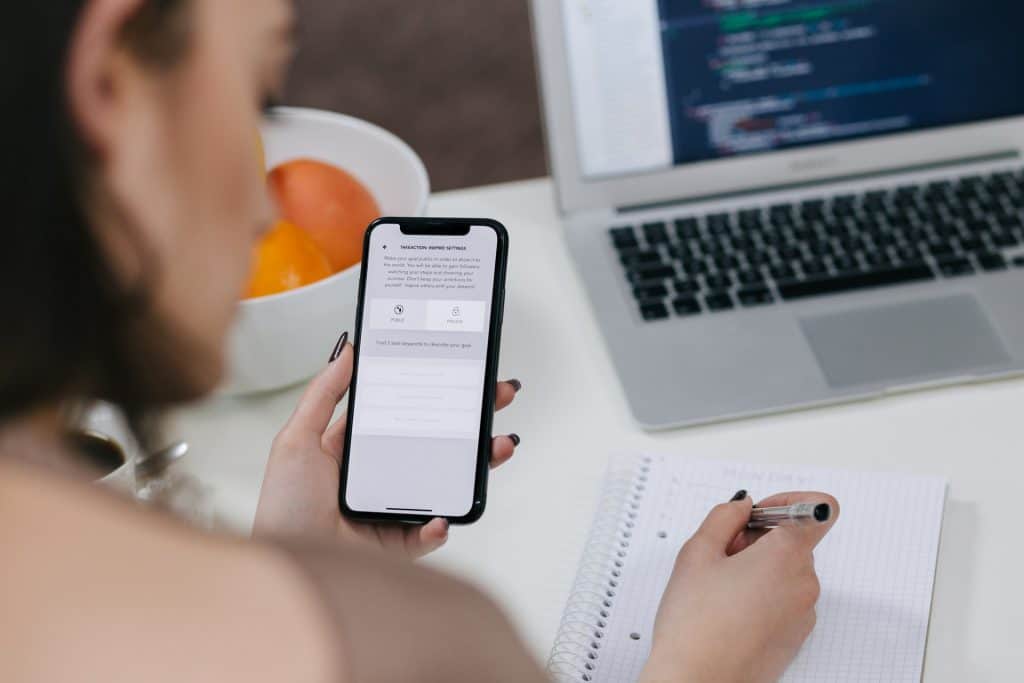These days, it’s almost impossible to live without a cell phone. Almost everyone in the country relies heavily on their phones and smartphones just to keep up with the demands of our busy, modernized lives. Your phone keeps you connected across multiple platforms, but also helps you stay on top of your tasks, complete transactions, and hold on to prized memories like photos and videos you will cherish for years to come — and they enable to do all of this from anywhere in the world.
[BUTTONS1]
Smartphones have evolved in gigantic leaps over the years. You can now use your phones for virtually anything: from paying bills, to checking important emails, to storing sensitive data and media. There is not a lot that smartphones can’t do.
[BUTTONS2]With this type of technological advancement, the risks have skyrocketed as well. This means that the little device that fits so snuggly in your hands will put you at great risk if you were to let your guard down and have it stolen, hacked or damaged.
We ask a lot of our phones, and at times may forget that our smartphones accomplish all of these things using a robust but in some ways delicate series of internal components and intricate connections. If something disastrous were to happen, you could lose access to all of those important functions and stored memories in a flash.
Protect the things you couldn’t recover by backing up your phone
If your phone were to be destroyed, there are some things you could get back. Anything that’s cloud-based could be easily accessed remotely or through your replacement phone. Any app could be redownloaded. But there are some things you couldn’t get back.
Spare yourself the pain of losing valuable memories like photos and videos, or the panic of losing important professional documentation by regularly backing up your phone data.
Losing your phone is bad enough. Waiting forever to retrieve all your contacts, appointments, sensitive data and pertinent documents makes it so much worse. Backing up your phone’s data may not seem important to you now, but it will certainly be convenient when you need it.
There are services that will automatically upload all your data to an online resource each time you connect to a strong WiFi network, leaving you free from the hassles of setting it up yourself. Find one that suits your phone’s OS best and take advantage of it.
Use Lock Codes
This should be obvious enough, but you’d be surprised how many people don’t even bother setting up a lock code for their phones and sim cards. The rub lies way beyond lost contacts and possible missed appointments. Worst case scenario: if your phone gets stolen or lost, your data will be vulnerable to people with bad intentions.
Avoid this problem by inputting a password not only on your phone, but also on your sim card. That way, you’d at least buy yourself some time to do something about the loss before someone else can crack your passcodes.
Be Extra Careful With Apps
With the recent surge of malware on phones that run on Android OSs, one needs to become extra vigilant when downloading applications. Although it may not be convenient to read through the software requirements upon installation, but doing so will give you an idea if a software, particularly an unknown one, is being reasonable with their access requests.
Always make sure to download apps from secured and official platforms only. You can also keep your phone safe by not saving your access details each time you log on to internet browsers as doing so will make it easier for hackers to access your data since they’ll all be in one place.
No matter how well you protect your phone physically, it’s always vulnerable to being lost or stolen
There’s not a phone case or screen protector in the world that protects your data if your phone disappears from your possession. Some people make the mistake of thinking that because they encased their phone in a cement block, then that’s enough protection and there’s no need to back up their data.
But no, even the sturdiest phones get lost or stolen. In that case, not only have you lost access to your phone’s information — it has now become vulnerable to whoever has possession of your phone. Back up your data to keep your information secure no matter what happens.
